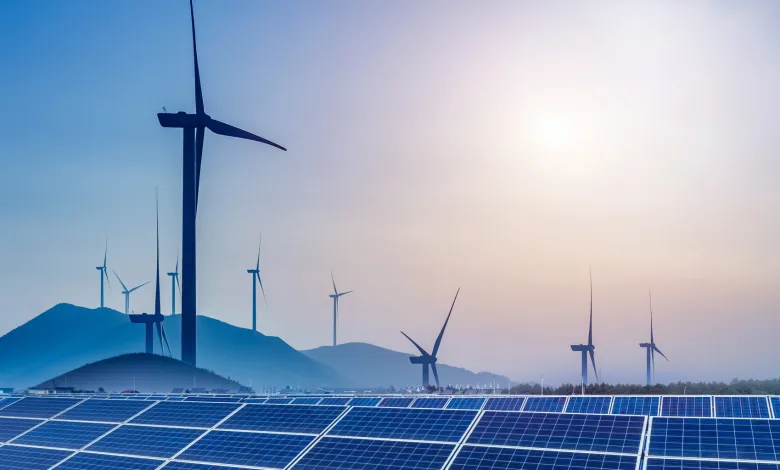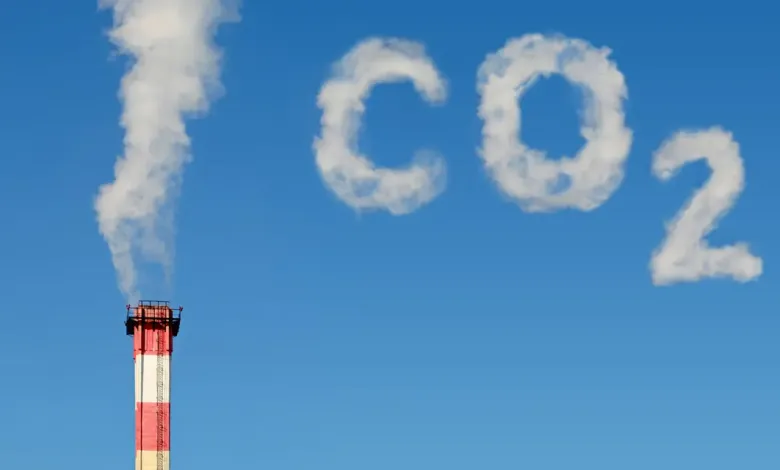Investment in clean energy is about to surpass spending on fossil fuels for the first time ever after surpassing $1 trillion last year.
Despite this milestone, spending on energy transition technology must immediately triple to achieve the goal of net zero emissions by 2050 to combat climate change, according to research group BloombergNEF.
Total investment in sectors such as renewables, nuclear energy, zero-emission vehicles or recycling projects reached $1.1 trillion last year, which is equal to spending on fossil fuels.
This represents an increase of 31% from the previous year, the first time that total investment has been measured in trillions. The increase was driven by the energy crisis that followed Russia’s invasion of Ukraine.
“Investment in clean energy technologies is about to overtake fossil fuel investment, and we won’t look back,” said Albert Cheung, head of global analysis at BloombergNEF.
China
China – the world’s largest polluter – has been by far the largest investor in the energy transition, with the United States a close second.
Nearly half of all global investment has been in China, mainly in the steel recycling, renewable energy and electric vehicle sectors.
Germany has maintained its third-place position, largely due to its large electric vehicle market.
The report found that a drop in offshore wind deals has reduced investment in Britain by about a fifth.
sustainable energy
Globally, renewable energy was the largest investment sector with a value of $495 billion, followed by electrified transportation projects.
With the exception of nuclear power, all other sectors saw record levels of investment, the researchers said.
Growth in energy transition technology is also coming, as many countries have seen increased investment in fossil fuels in an effort to boost energy security.
They disrupted global energy supplies as Russia, a major producer of fossil fuels, cut off gas supplies to European Union countries and was subjected to sweeping sanctions over Russia’s invasion of Ukraine.
Wind and solar energy
A separate report by Ember, an energy think tank, said wind and solar power generated 22% of the EU’s electricity, overtaking gas (20%) for the first time.
Hydro and nuclear still account for the largest share of electricity generation in the 27-nation bloc, at 32%.












